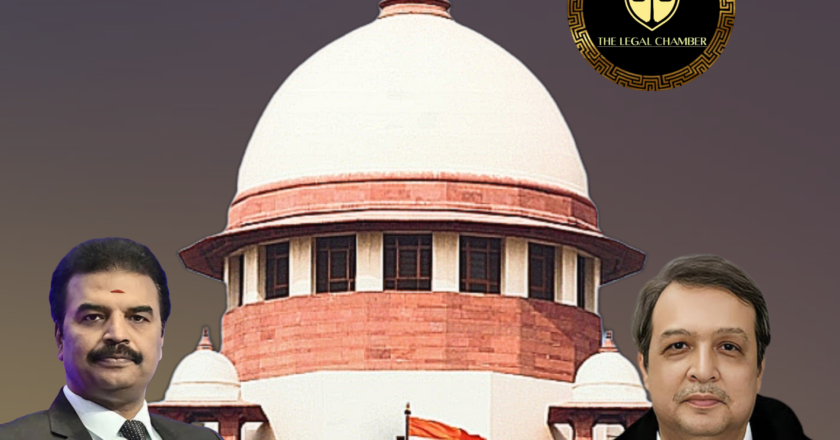Public Servant’s Spouse Can Be Convicted for Aiding Corruption: Supreme Court Upholds Conviction in Corruption Case: Prevention of Corruption Act, 1988
The Supreme Court upheld the conviction under Section 109 IPC read with Sections 13(1)(e) & 13(2) of the Prevention of Corruption Act, 1988, ruling that a non-public servant (appellant) can abet the offence of possessing disproportionate assets by aiding a public servant (her husband). Relying on P. Nallammal (1999), the Court held that concealing illicit assets in the appellant’s name constituted intentional aid under Section 107 IPC, irrespective of marital status. The 2018 amendment to Section 12 of the PC Act (explicitly punishing abetment) was noted, though the offence was abettable even prior. The judgment reaffirms that abetment charges apply when a person facilitates the concealment of disproportionate wealth.
Facts Of The Case:
The case involves P. Shanthi Pugazhenthi, an As...

